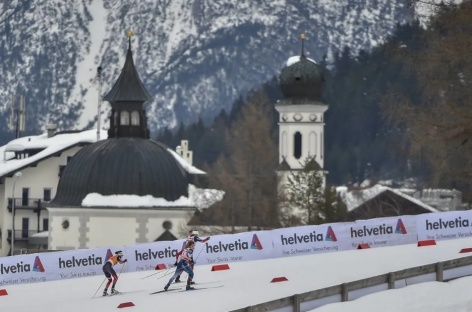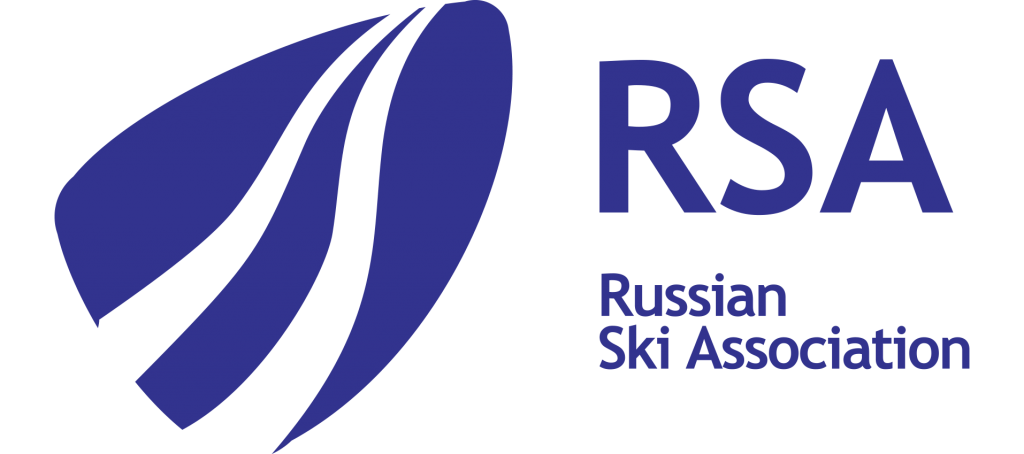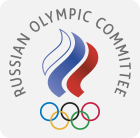


This FIS Anti-Doping Fact Sheet provides an update on the activities primarily in relation to the organisation of anti-doping at FIS Nordic World Ski Championships 2019 in Seefeld (AUT) and in general during the season 2018-2019.
The successful cooperation between the FIS and National Anti-Doping Organisations (NADOs) is highlighted through the In-Competition Testing at World Championships which is traditionally carried out by the national anti-doping partners.
During the Seefeld 2019 FIS Nordic World Ski Championships, FIS will join forces with the Austrian Anti-Doping Agency (NADA Austria) and the Local Organising Committee to deliver the event testing programme. It follows a similar successful partnership with the Swedish Anti-Doping Agency (RF Sweden) during the FIS Alpine World Ski Championships recently concluded in Are (SWE).
1. Testing Programme at the FIS World Ski Championships 2019 in Seefeld
At the Seefeld 2019 FIS Nordic World Ski Championships, the Local Organising Committee has appointed the National Anti-Doping Agency (NADA Austria) to conduct the In-Competition Testing. Every medal competition will see the top four athletes plus two selected at random undergoing urine testing and blood testing.
NADA Austria has already cooperated with the Local Organising Committee during the FIS World Cup competitions in 2018 that served as the official test events. Involved personnel from the NADA Austria, the LOC in cooperation with ISMG (Institut für Sport-, Alpinmedizin & Gesundheitstourismus) and its chaperones were able to test their procedures and train the personnel to be ready for the delivery of highest standard anti-doping controls during the World Championships.
FIS is complementing the in-competition testing programme with athlete biological passport (ABP) testing before and during the event, as well as potential target testing.
2. Out-of-Competition Testing Programme 2018-19, OOC/IC Statistics
The main focus of the FIS Anti-Doping Programme is on unannounced out-of-competition testing, with a strong emphasis on the athlete biological passport (ABP). The regular internal and external reviews of the passports are a key activity to be able to adapt individual anti-doping testing programmes depending on laboratory results and other factors.
The FIS Anti-Doping programme that has been built up since 2001 has shown that it works. The relatively few adverse analytical findings has shown that the FIS anti-doping programme has evolved from only catching the skiers who cheat, to protecting the skiers with their full focus on natural performance.
The International Testing Pool in the six FIS Olympic disciplines currently consists of 310 athletes, and the testing frequency and analysis types in the different disciplines and events is determined by the requirements and recommendations from the World Anti-Doping Agency (WADA) standards and technical documents.
FIS also invests in long-term storage of urine as well as blood samples for later re-analysis as the scientific knowledge and new-accredited analysis methods become available. The majority of urine and blood samples taken at the FIS World Championships are transferred to long-term storage.
FIS Anti-Doping Expert Rasmus Damsgaard comments: “Even though FIS carries out more testing than most other federations, FIS is often asked why we have so few positive cases. The programme is focused on intelligent testing with a balanced number of in- and out-of-competition controls carried out by professional doping control officers at any time of the day in their homes, training locations or at competitions over and over again including when no one expects the doping control officers to show up. The FIS appointed experts define the methodology and testing, but a key reason for the successful implementation is because the athletes have embraced the anti-doping programme and testing as an essential part of their lives as a professional athletes.”
Overview FIS Out-of-Competition Testing 1st May 2018 – 19thFebruary 2019
|
Urine |
Blood tests |
ESAs (urine/blood) |
Blood passport |
||
|
Cross-Country |
297 |
141 |
201 |
566 |
|
|
Nordic Combined |
50 |
19 |
22 |
119 |
|
|
Ski Jumping |
53 |
6 |
17 |
|
|
|
Alpine Skiing |
187 |
60 |
68 |
171 |
|
|
Freestyle |
22 |
8 |
4 |
|
|
|
Snowboard |
9 |
2 |
1 |
|
|
|
Total |
618 |
236 |
313 |
856 |
|
Overview FIS In-Competition Testing 1st May 2018 – 19th February 2019
|
Urine |
Blood tests |
ESAs (urine/blood) |
Blood passport |
||
|
Cross-Country |
119 |
|
85 |
24 |
|
|
Nordic Combined |
32 |
|
18 |
2 |
|
|
Ski Jumping |
48 |
|
2 |
|
|
|
Alpine Skiing |
130 |
18 |
|
|
|
|
Freestyle |
124 |
|
8 |
|
|
|
Snowboard |
99 |
|
|
|
|
|
Total |
552 |
18 |
113 |
26 |
|
The above numbers do not include further tests conducted by the National Anti-Doping Organisations (NADOs) under their responsibility.
Source: fis-ski.com





